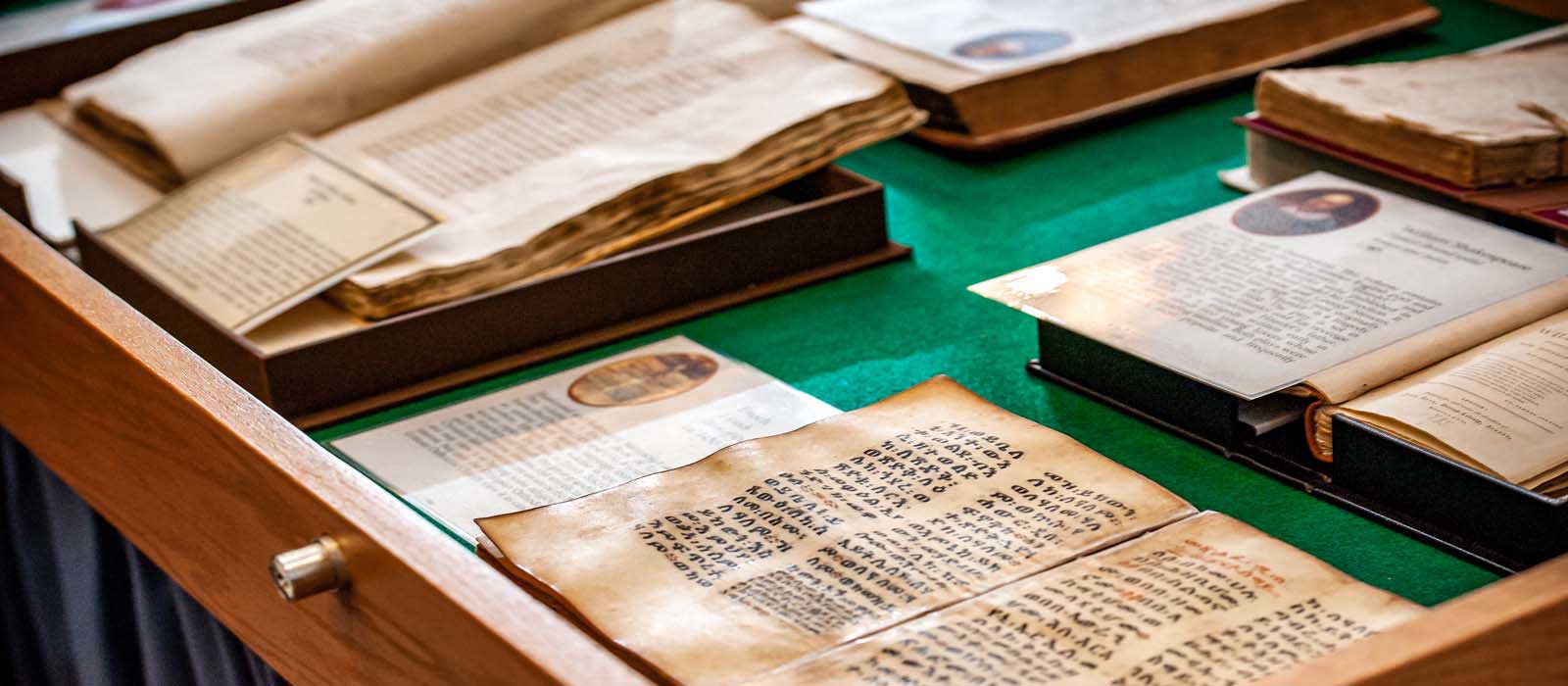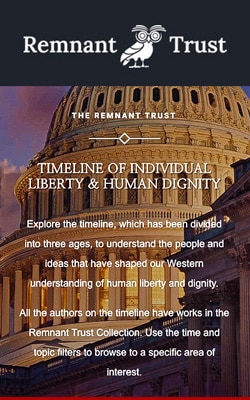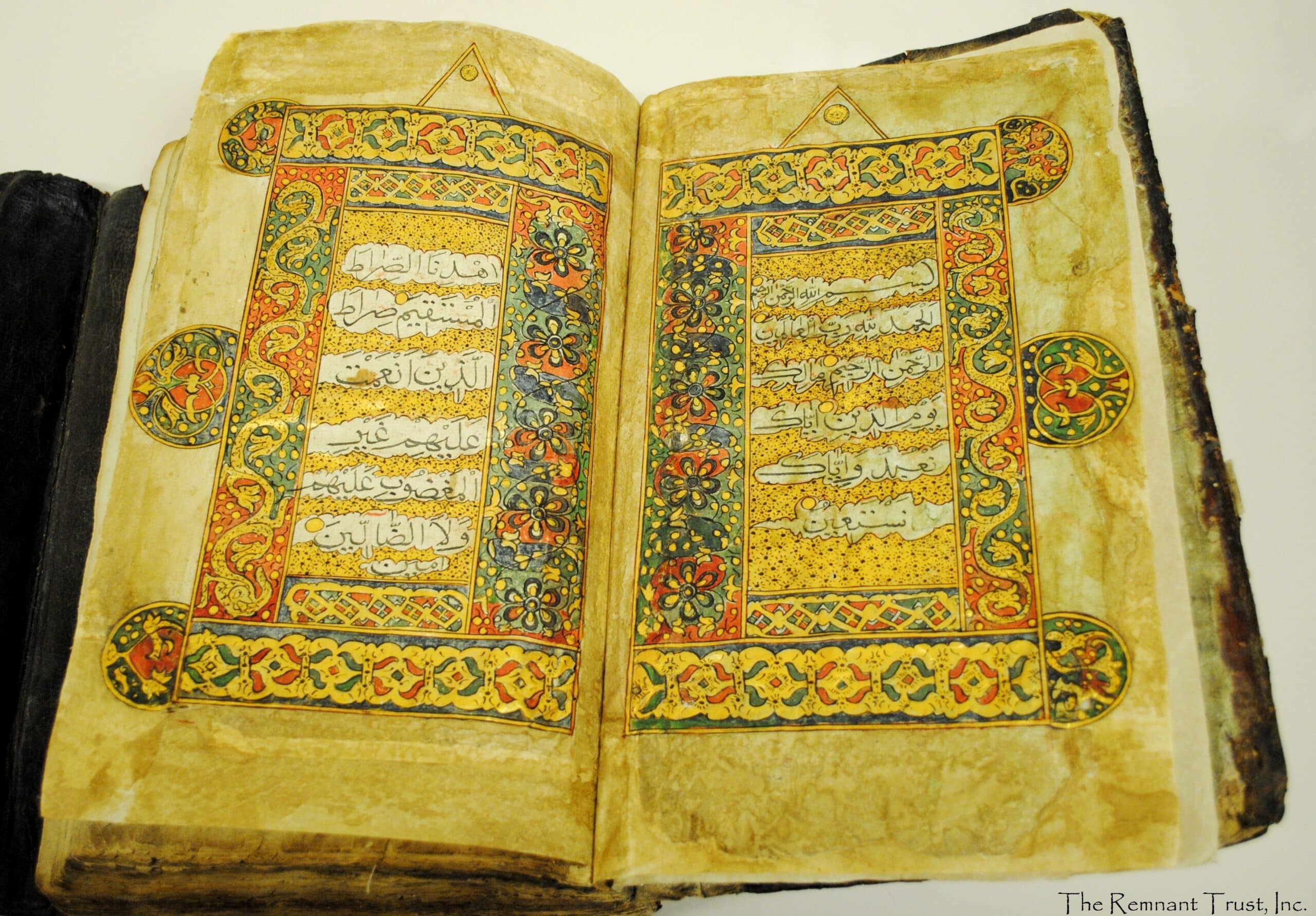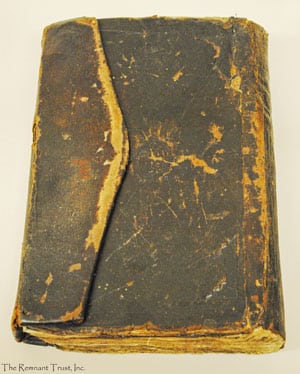Koran

The Koran is the central religious text of Islam, which Muslims consider the exact word of God and the Final Testament, following the Old and New Testaments.
Its literally meaning is “a recitation.” It is regarded widely as the finest piece of literature in the Arabic language. The Quran is divided into 114 suras of unequal length which are classified either as Meccan or Medinan depending upon their place and time of revelation.
Muslims believe that the Koran was verbally revealed through the angel Gabriel from God to Muhammad gradually over a period of approximately twenty-three years. It began in 610 CE, when Muhammad was forty, and concluded in 632 CE, the year of his death. Muslims believe that the Koran was precisely memorized, recited and exactly written down by Muhammad’s companions after each revelation was dictated by Muhammad.
Shortly after Muhammad’s death, the Koran was compiled into a single book by order of the first Caliph Abu Bakr and at the suggestion of his future successor Umar. Hafsa, who was Muhammad’s widow and Umar’s daughter, was entrusted and became guardian of the only copy of the Koran after the second Caliph Umar died. Uthman, the third Caliph, asked Hafsa to borrow the Koran so several copies could be made and sent to main centers of the expanding empire. The Koran copies written helped in establishing the standard dialect of Arabic language, the Quraish dialect now known as Fus’ha, Modern Standard Arabic, which began to have slight differences. The copies of the Koran made also helped to standardize the text, invalidated all other versions of the Koran. The present form of the Quran text is accepted by most scholars as the original version compiled by Abu Bakr.
TITLE: Koran
Published: ca. 18th Century
Catalogue: #0960





